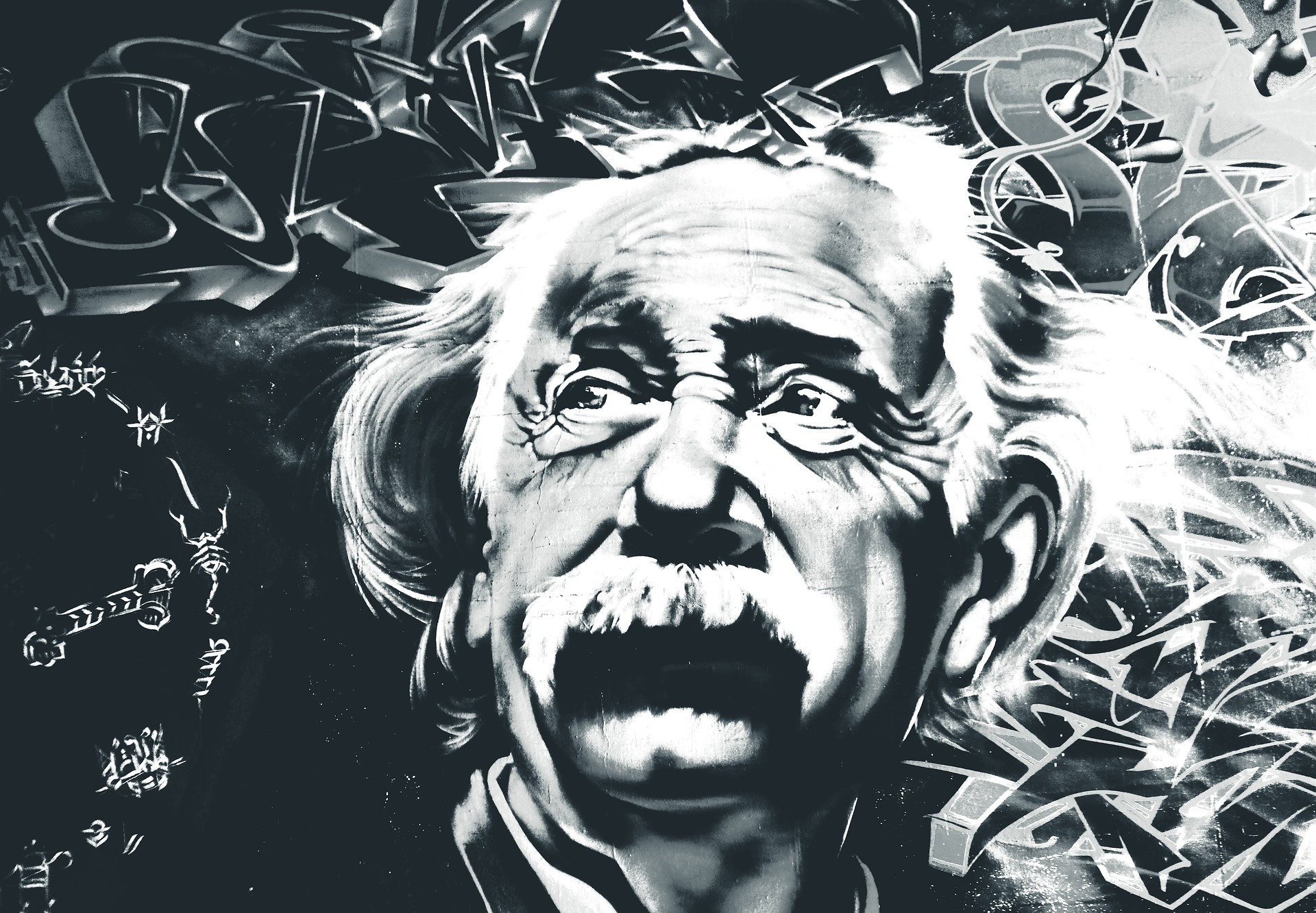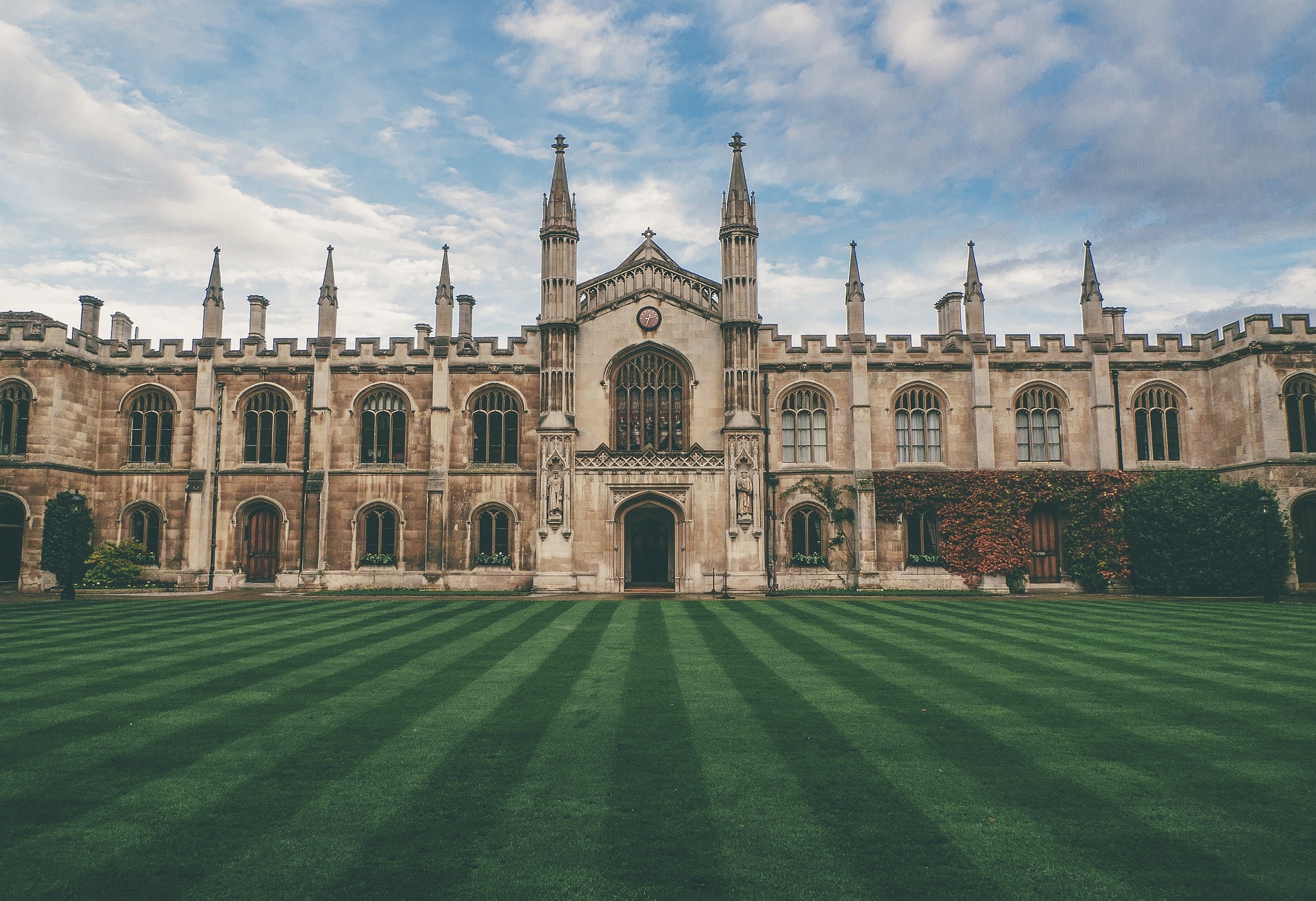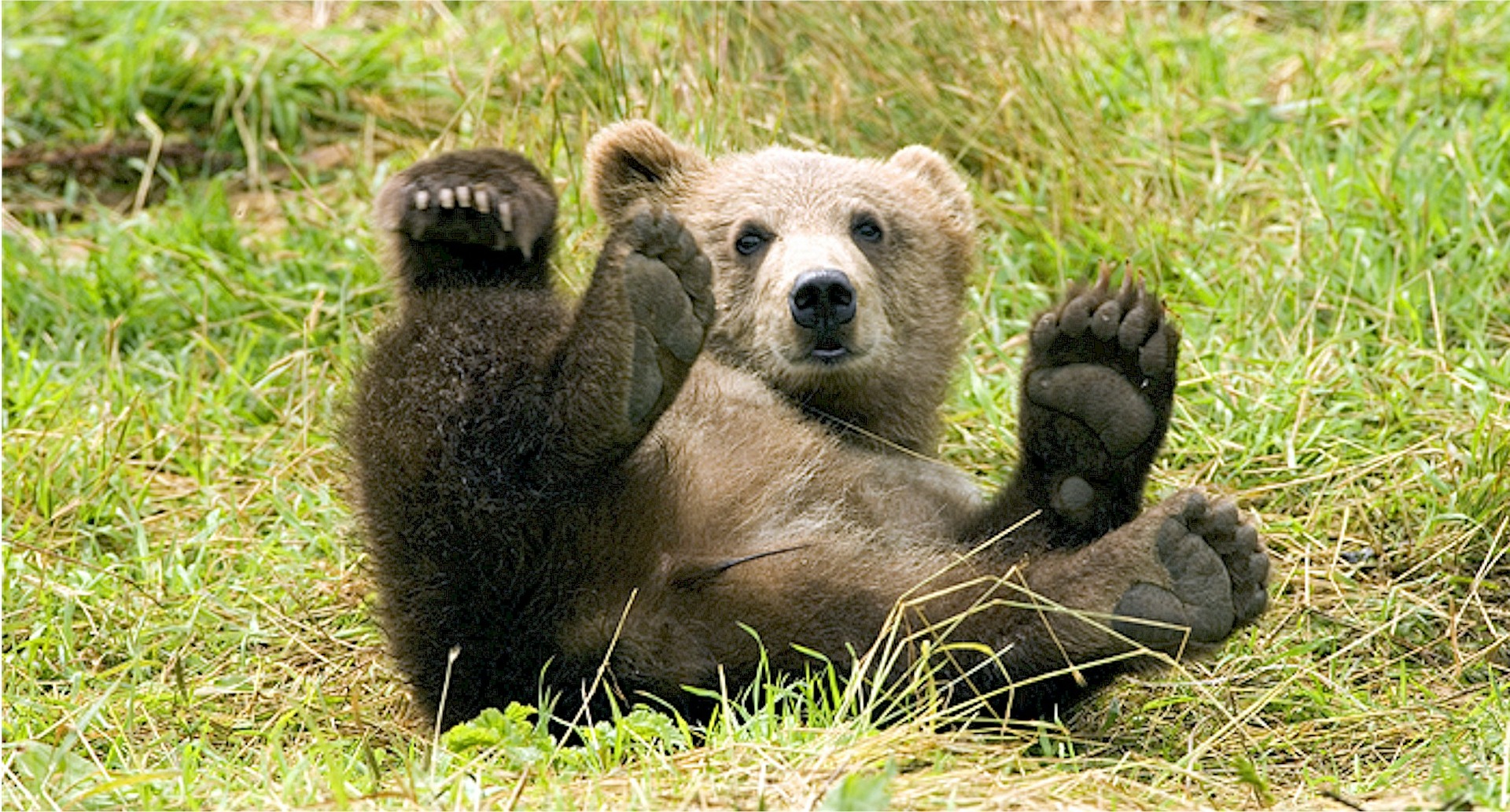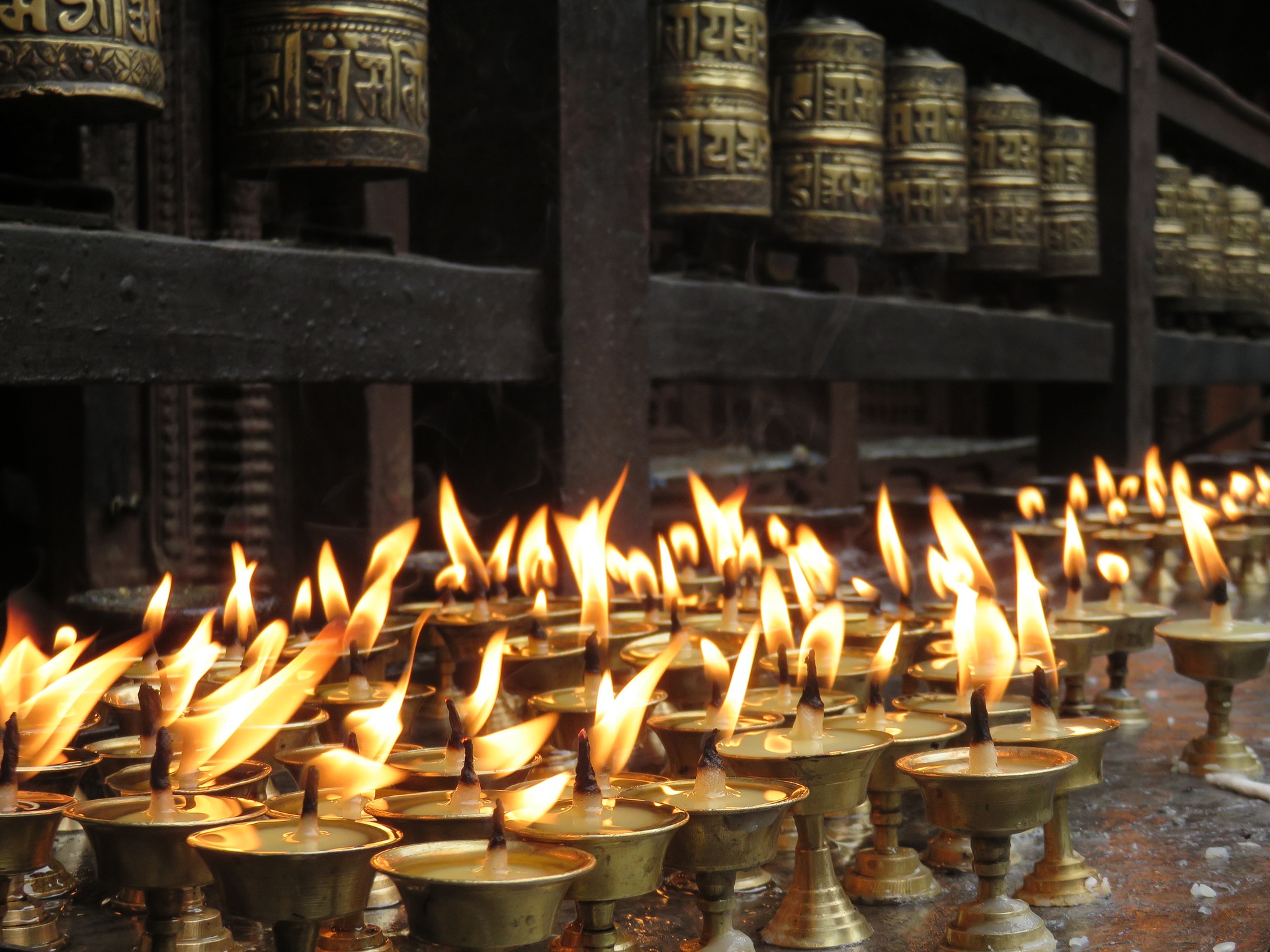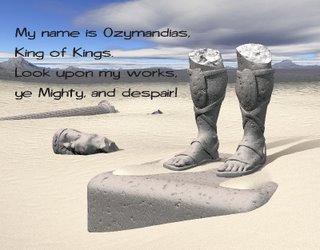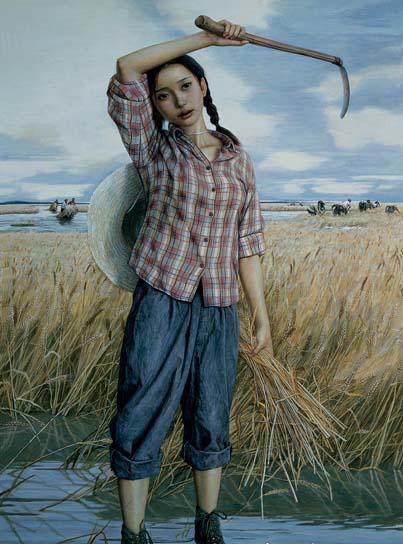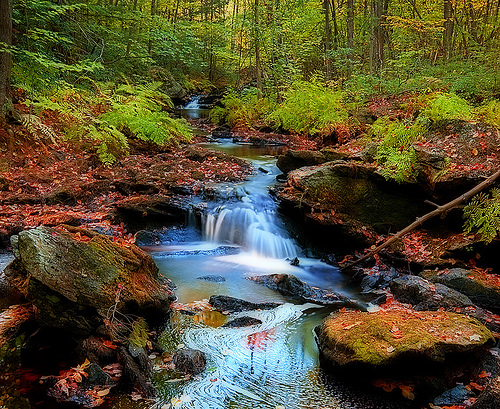The poem is divided into two parts, marked out in the text as ‘Part One and ‘Part Two.’ ‘Part One consists of six stanzas. Each of these stanzas is again made up of six lines. ‘Part Two’ consists of nine stanzas, though the last two stanzas among them are written slightly apart from the rest to show the passage of time that has happened between their occurrences. Each of the stanzas in ‘Part Two’ also consists of six lines. The entire poem is a story told by Noyes to his readers.
The Highwayman: Summary
1st stanza:
‘The wind was a torrent of darkness among the gusty trees.
The moon was a ghostly galleon tossed upon cloudy seas.
The road was a ribbon of moonlight over the purple moor,
And the highwayman came riding—
Riding—riding—
The highwayman came riding up to the old inn-door.’
In this stanza, Noyes introduces his readers to the protagonist of his story – a highwayman. He describes how it was a stormy night when the wind flew through the leaves of trees and created a murmuring sound in the process. The moon was only visible sometimes as it peeked through the dense cloud cover. On this dark night, the highwayman was riding along a narrow road that looked like a ribbon as the moonlight shone down on it. Finally, the highwayman reached the door of a roadside inn at the end of his long ride.
2nd stanza:
‘He’d get a French cocked hat on his forehead, a bunch of lace at his chin,
A coat of the claret velvet and breeches of brown doe-skin.
They fitted with never a wrinkle. His boots were up to the thigh.
And he rode with a jeweled twinkle,
His pistol butts a twinkle,
His rapier hilt a-twinkle, under the jeweled sky.’
In this stanza, Noyes continues his suspenseful story. He describes how the highwayman looked in great detail. He was wearing a hat slightly tipped sideways, and his shirt had a collar made of lace. His coat was the rich color of wine, and his riding pants were made of the skin of a doe. These pants fitted him so perfectly that not a single wrinkle could be seen. He was wearing a high boot, and parts of his attire could be seen glinting in the fading moonlight. The shine of his pistol butt and the handle of his sword matched the twinkling of the stars in the sky.
3rd stanza:
‘Over the cobbles, he clattered and clashed in the dark inn-yard.
He tapped with his whip on the shutters, but all was locked and barred.
He whistled a tune to the window, and who should be waiting there
But the landlord’s black-eyed daughter,
Bess, the landlord’s daughter,
Plaiting a dark red love knot into her long black hair.’
In this stanza, Noyes describes how the highwayman’s approach could be heard because of the sound he made as he rode his horse over the cobblestones in front of the inn. Because the inn was closed for the night, the highwayman used his whip to hit the shutters of the windows in the inn, hoping to wake somebody up. When this didn’t work, the highwayman started whistling the tune of some song. Hearing this tune, the inn owner’s daughter came to the window. Her name was Bess, and she was beautiful with her dark eyes and her dark flair, which she was tying into a plait at the time.
4th stanza:
‘And dark in the dark old inn-yard, a stable wicket creaked
Where Tim the ostler listened. His face was white and peaked.
His eyes were hollows of madness, his hair like moldy hay,
But he loved the landlord’s daughter,
The landlord’s red-lipped daughter.
Dumb as a dog, he listened, and he heard the robber say—’
In this stanza, Noyes describes how one man was a witness to all that was happening on a stormy night in question. This man was Tim, the ostler. Tim appeared to be a madman with his unkempt hair and his roving eyes. However, his madness could only be attributed to his love for Bess. Tim didn’t make a sound and instead paid attention to what the highwayman was saying.
5th stanza:
‘One kiss, my bonny sweetheart, I’m after a prize tonight,
But I shall be back with the yellow gold before the morning light;
Yet, if they press me sharply and harry me through the day,
Then look for me by moonlight,
Watch for me by moonlight,
I’ll come to thee by moonlight, though hell should bar the way.’
In this stanza, Noyes describes how the highwayman asked Bess for a kiss before telling her that he was planning to engage in a robbery that night. However, the highwayman promises Bess he will be back with the spoils of his robbery the next day. He also assured her that if the patrolmen were to chase him in the daytime, Bess should expect him by nightfall. Not even hell would stop the highwayman from returning to Bess.
6th stanza:
‘He rose upright in the stirrups. He scarce could reach her hand,
But she loosened her hair in the casement. His face burnt like a brand
As the black cascade of perfume came tumbling over his breast;
And he kissed its waves in the moonlight,
(O, sweet black waves in the moonlight!)
Then he tugged at his rein in the moonlight and galloped away to the west.’
In this stanza, Noyes describes what the highwayman did next. He stretched himself to his full height, hoping to reach Bess and give her a kiss, but when that did not work, Bess herself opened her long hair. As her hair fell to his breast, the highwayman could not contain his passion and kissed the long strands of black hair before galloping away to his task.
7th stanza:
‘He did not come in the dawning. He did not come at noon;
And out of the tawny sunset, before the rise of the moon,
When the road was a gypsy’s ribbon, looping the purple moor,
A red-coat troop came marching—
Marching—marching—
King George’s men came marching up to the old inn door.’
In this stanza, Noyes describes what happened the next morning. As Bess was waiting for the highwayman, he did not come all day. However, after sunset, a group of patrolmen employed by King George came marching to the inn, having obtained information about the highwayman’s coming there from Tim.
8th stanza:
‘They said no word to the landlord. They drank his ale instead.
But they gagged his daughter and bound her to the foot of her narrow bed.
Two of them knelt at her casement with muskets at their side!
There was death at every window;
And hell, at one dark window;
For Bess could see, through her casement, the road that he would ride.’
In this stanza, Noyes describes how the patrolmen did not speak to the inn owner and instead drank the alcohol he served to his customers. They also covered Bess’s mouth with a rag and tied her up to the foot of her bed as a form of torture. They threatened her with their guns, but Bess’s only fear was not for her own life but that the highwayman would get caught since he was supposed to be riding back to her.
9th stanza:
‘They had tied her up to attention with many a sniggering jest.
They had bound a musket beside her, with the muzzle beneath her breast!
“Now, keep good watch!” and they kissed her. She heard the doomed man say—
Look for me by moonlight;
Watch for me by moonlight;
I’ll come to thee by moonlight, though hell should bar the way!’
In this stanza, Noyes describes how cruel the patrolmen were. They actually enjoyed torturing Bess and left the muzzle of one gun pointing at her breast as they told her to keep looking out for the arrival of her beloved highwayman. However, Bess did not hear their threats as much as she heard the highwayman’s voice in her head, promising to return to her that day.
10th stanza:
‘She twisted her hands behind her, but all the knots held good!
She writhed her hands till her fingers were wet with sweat or blood!
They stretched and strained in the darkness, and the hours crawled by like years.
Till now, at the stroke of midnight,
Cold, on the stroke of midnight,
The tip of one finger touched it! The trigger, at least, was hers!’
In this stanza, Noyes describes how Bess struggled till she bled to reach the gun’s trigger and that this struggle went on for hours until midnight.
11th stanza:
‘The tip of one finger touched it. She strove no more for the rest.
Up, she stood up to attention, with the muzzle beneath her breast.
She would not risk their hearing; she would not strive again;
For the road lay bare in the moonlight;
Blank and bare in the moonlight;
And the blood of her veins, in the moonlight, throbbed to her love’s refrain.’
In this stanza, Noyes describes how Bess stopped struggling and only rose to an upright position while putting the gun to her breast. She meant to kill herself with a gunshot. As she was about to pull the trigger, her heart was beating fast as she remembered that the highwayman must be riding fast through the lonely road in order to reach her that night itself.
12th stanza:
‘Tlot-tlot; tlot-tlot! Had they heard it? The horse hoofs rang clear;
Tlot-tlot; tlot-tlot, in the distance? Were they deaf that they did not hear?
Down the ribbon of moonlight, over the brow of the hill,
The highwayman came riding—
Riding—riding—
The red-coats looked to their priming! She stood up, straight and still.’
In this stanza, Noyes describes how Bess could hear the galloping of the highwayman’s horse and wondered whether the patrolmen could not hear it too. As the highwayman got closer and the patrolmen started to suspect that he was about to arrive, Bess got prepared to fire the shot.
13th stanza:
‘Tlot-tlot, in the frosty silence! Tlot-tlot, in the echoing night!
Nearer, he came and nearer. Her face was like a light.
Her eyes grew wide for a moment; she drew one last deep breath,
Then her finger moved in the moonlight,
Her musket shattered the moonlight,
Shattered her breast in the moonlight and warned him—with her death.’
In this stanza, Noyes describes how the night was silent except for the clapping of the hooves of the highwayman’s horse. Bess, meanwhile, was absolutely alert, and at the right moment, she took one last deep breath before shooting herself in the breast and shattering the silence all around.
14th stanza:
‘He turned. He spurred to the west; he did not know who stood
Bowed, with her head o’er the musket, drenched with her own blood!
Not till dawn, he heard it, and his face grew grey to hear
How Bess, the landlord’s daughter,
The landlord’s black-eyed daughter,
Had watched for her love in the moonlight and died in the darkness there.’
In this stanza, Noyes describes how the highwayman changed his track after being warned by the gunshot from a patrolman’s gun. However, it was not till the next morning that he discovered that Bess had been the one to watch for his horse’s galloping and firing the warning shot. At hearing this, he is horrified.
15th stanza:
‘Back, he spurred like a madman, shouting a curse to the sky,
With the white road smoking behind him and his rapier brandished high.
Blood red were his spurs in the golden noon; wine-red was his velvet coat;
When they shot him down on the highway,
Down like a dog on the highway,
And he lay in his blood on the highway, with a bunch of lace at his throat.’
In this stanza, Noyes describes how the highwayman tried to get revenge for the death of his beloved Bess. He shouted out against the injustice that had happened and rode at full speed with his sword in his hands. In the noon sun’s light, his clothes glowed with a bloody red color. However, he couldn’t do much as the patrolmen shot him down in the middle of the highway, and he lay fallen in a puddle of his own blood.
16th stanza:
‘And still, of a winter’s night, they say, when the wind is in the trees,
When the moon is a ghostly galleon tossed upon cloudy seas,
When the road is a ribbon of moonlight over the purple moor,
A highwayman comes riding—
Riding—riding—
A highwayman comes riding up to the old inn door.’
In this stanza, Noyes says that years after the death of Bess and the highwayman, on winter nights when the wind whispers in the trees, when the moon peeks out from behind dark clouds, and when the road looks like a ribbon by the fleeting moonlight, one can hear the highwayman riding up to the door of the inn.
17th stanza:
‘Over the cobbles, he clatters and clangs in the dark inn-yard.
He taps with his whip on the shutters, but all is locked and barred.
He whistles a tune to the window, and who should be waiting there
But the landlord’s black-eyed daughter,
Bess, the landlord’s daughter,
Plaiting a dark red love knot into her long black hair.’
In this stanza, Noyes says that one can still hear the highwayman come galloping over cobblestones and use his whip to hit the shutters of the window, then to whistle to Bess as she ties her beautiful hair in a plait.
Some online learning platforms provide certifications, while others are designed to simply grow your skills in your personal and professional life. Including Masterclass and Coursera, here are our recommendations for the best online learning platforms you can sign up for today.
The 7 Best Online Learning Platforms of 2022
- Best Overall: Coursera
- Best for Niche Topics: Udemy
- Best for Creative Fields: Skillshare
- Best for Celebrity Lessons: MasterClass
- Best for STEM: EdX
- Best for Career Building: Udacity
- Best for Data Learning: Pluralsight
